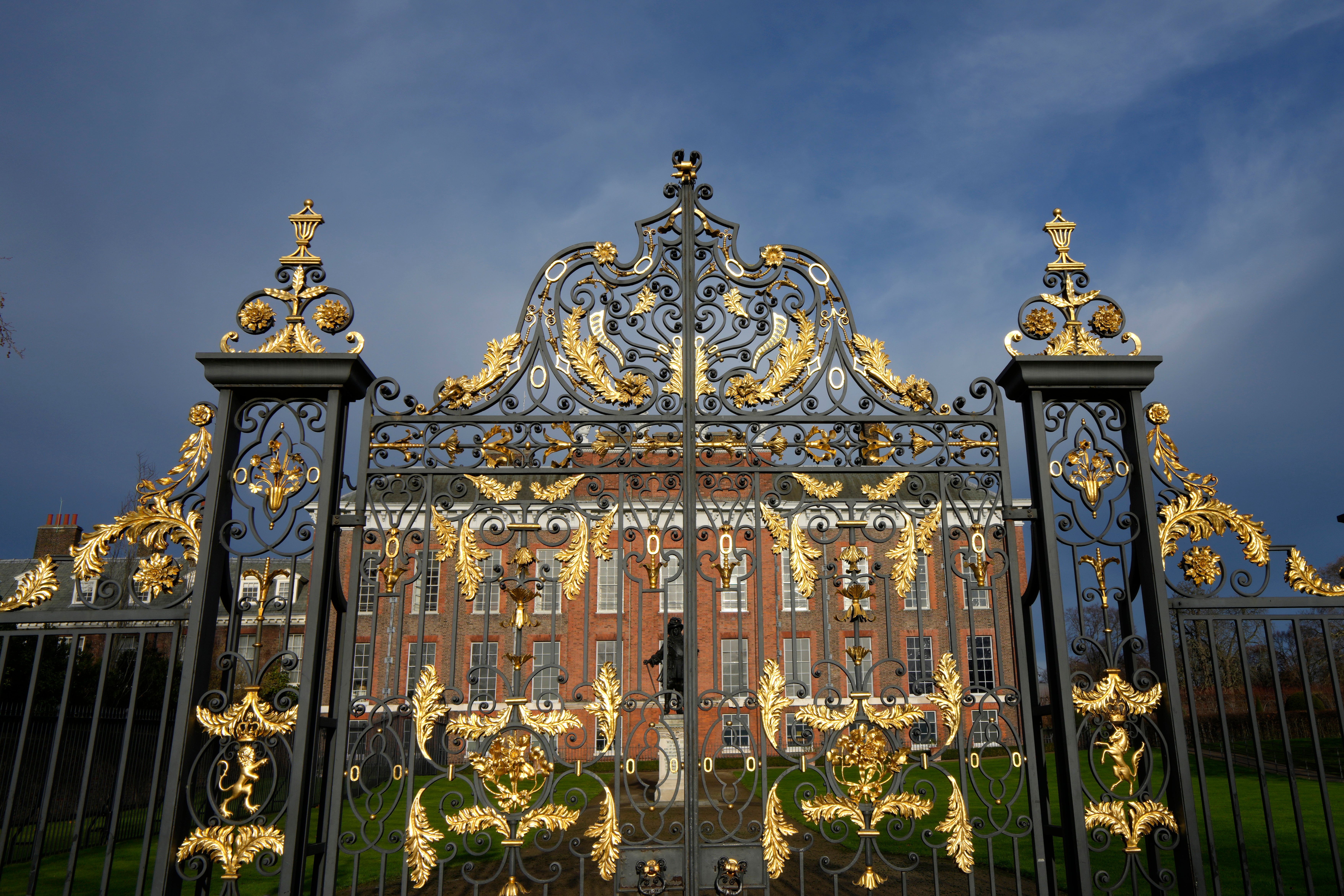The royal family has a choice to make – but it won’t be easy
Editorial: As a contribution to the prestige and stability of the constitutional monarchy, Prince Harry’s memoir is negative

As a cathartic act of a man deeply resentful of the way he believes his family and the media have treated him and his wife, Prince Harry’s memoir, Spare, has much to commend it.
Like most in the celebrity memoirs genre, it occasionally veers into the realm of “too much information”, and there are some serious errors of judgement, not least the disclosure that he killed 25 Taliban fighters.
Not only is this distasteful and contrary to a long British army tradition of not bragging about one’s war record, but it has also made him even more of a target for terrorists – and at a time when his personal protection arrangements haven’t been firmly sorted out.
A flirtation with spiritualism and turning to a personal therapist might suggest he needs the help of his family in Britain more than he or they have realised.
However, as a contribution to the prestige and stability of the constitutional monarchy, the book is nothing but negative. This is why it matters. The United Kingdom is not about to be turned into a republic, no matter how damaging the material in the book and its associated publicity campaign. But public opinion, especially among the young, may be affected by the series of revelations from the Sussexes – and they have obviously been divisive.
The late Queen understood the crucial underpinning of public sentiment, and openly declared in 1997 that “a hereditary monarchy exists only with the support and consent of the people... for us, a royal family, the message is often harder to read, obscured as it can be by deference, rhetoric or the conflicting currents of public opinion. But read it we must”.
Indeed so, and they must act on it. Some of Harry’s stories about his family, if true, do tarnish their reputation, and at the moment they have gone unchallenged. In disclosing them, the prince looks vengeful – whether justified or not – and, much more to the point, he is diminishing the standing of the institution.
Whatever the merits of the monarchy, it is not in the national interest for it to be distracted in this way. If we wish to keep it, then it’s best it works and those involved in it earn the respect of the people.
At a time of hardship, as the King noted in his Christmas message, it doesn’t look great for the reigning family to be engaged in a protracted and public (but essentially domestic) quarrel, even if it is somewhat one-sided. It makes it look as though the Windsors are out of touch with the country. They need to get their house in order.
It is an occupational hazard in a system of constitutional monarchy that the family of the sovereign take on ceremonial roles and a quasi-constitutional position themselves, and they are therefore subject to scrutiny.
Politically, they are of little significance, in policy terms; but as symbols of the nation they have a greater meaning. And it tends to be more of a collective, family effort – “the Firm” as Prince Philip called it. Over the past centuries that has sometimes been a strength, but also on occasion a weakness.
In the reigns of George V and George VI, the “royal family” was cultivated as a symbol and ideal for the nation, and accepted as such – dull, dutiful, homely and happy.
But when marriages go wrong and rebels emerge, the idealised royal family metamorphoses and becomes a considerable liability, because the human beings randomly picked by accident of birth are sometimes not up to the task. This has led to many a crisis, including an abdication and multiple divorces, mostly acrimonious.
In recent times, the King himself has been involved in the most acutely painful of disclosures about his private life. Prince Andrew has simply disgraced himself and the institution. And now the Duke and Duchess of Sussex are raising disturbing issues such as racism – something also highlighted by the resignation of the late Queen’s lady-in-waiting – and about the personal qualities of the King and Prince William.
Brothers do have their tussles, but perhaps not well into their thirties, and it’s uncommon for one to call the other his “arch nemesis”. According to Harry, they are capable of being rather cruel to one another. These are not the kind of values their grandmother epitomised.
In the short run, then, these family wounds have to be given some balm. Buckingham Palace says nothing but, ironically given Prince Harry’s grievances about hostile briefings, a “royal insider” is quoted as thinking: “It is exhausting, it is exasperating, but it is not distracting. It will burn itself out.” That is not necessarily the case.
Pragmatically, the noise from Montecito will continue until the grievances are settled and the status and role of the Sussexes is regularised. If the Sussexes want a summit and some sort of “accountability” before the coronation, that seems a small price to pay.
Such is their profile and flair for publicity, the Sussexes simply cannot be airbrushed out of the scene, as the former Edward VIII and Wallis Simpson were as Duke and Duchess of Windsor (equally resentful of the establishment as Harry and Meghan, but much quieter about it).
Some sort of peace might emerge from a fresh Windsor summit. If not, then, like the rundown fabric of Buckingham Palace itself, more and more chunks of masonry will fall from the grand facade.






Join our commenting forum
Join thought-provoking conversations, follow other Independent readers and see their replies
Comments